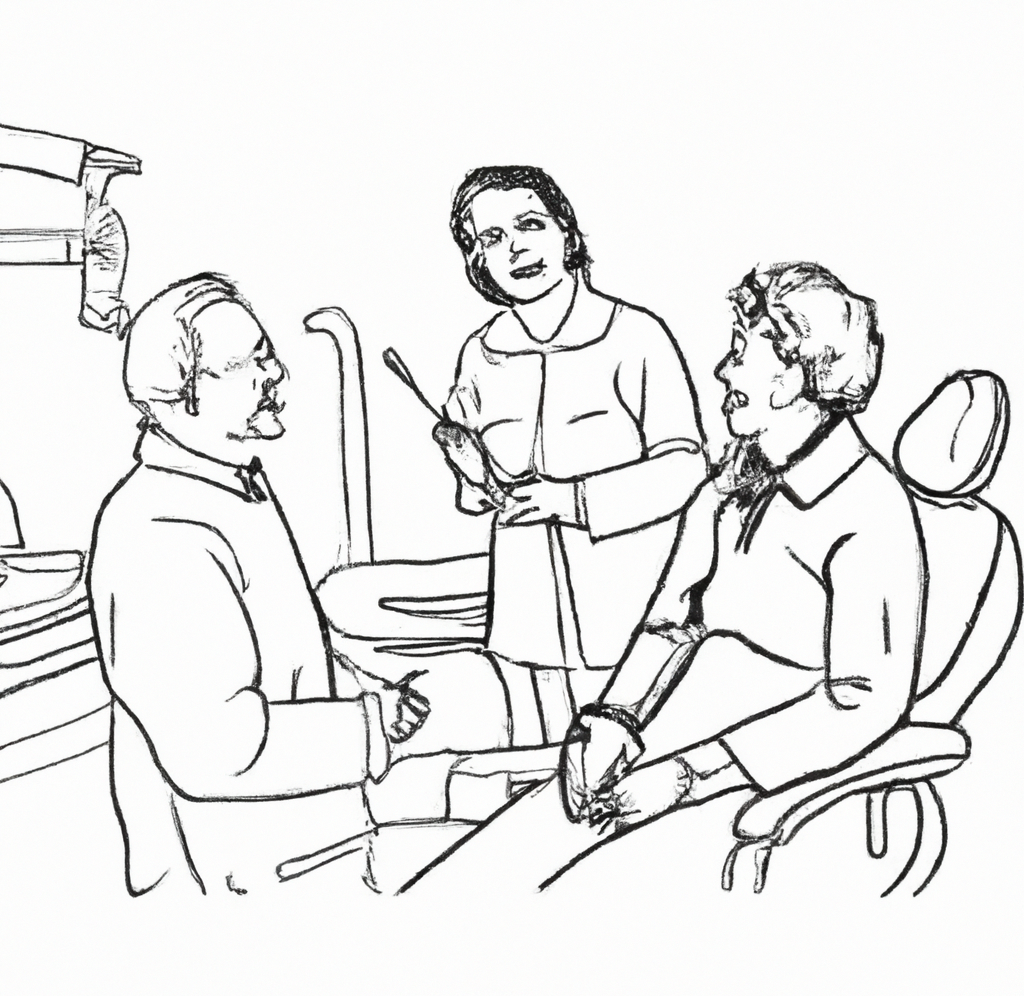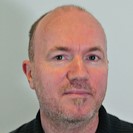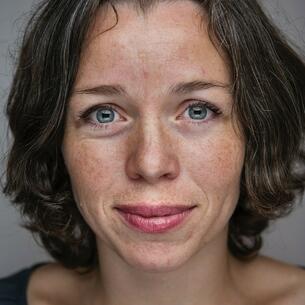
Magnus Gulbrandsen and Silje Maria Tellmann
This blog post is based on the Evidence & Policy article, ‘Productive interactions without impact? An empirical investigation of researchers’ struggle to improve elderly’s oral health’, part of the Special Issue: ‘Learning from Failures in Knowledge Exchange’.
Even if researchers do everything that is expected of them – collaborate with stakeholders, target important societal problems, engage in intensive science communication – societal impact may still not happen. What are the possible explanations?
A recurring observation in studies of the societal impacts of research is that substantial change typically involves a great deal of ‘productive interaction’ between stakeholders and researchers. However, not all interactions provide the desired societal impacts, as our empirical study of a cross-disciplinary research group focused on improving oral health in the elderly shows. In our Evidence & Policy article, we examined the subtleties of productive interactions and the intricate web of stakeholders, to shed light on the gaps that keep research efforts from having the desired societal impact.
We followed a group of researchers for six years, and even though they carried out many of the recommended activities to make impact happen, they were unable to achieve the expected outcomes. Even if many events took place that may – in an optimistic perspective – prepare the groundwork for future impact, no decisions in policy or practice targeting elderly’s oral health emerged. To analyse this process, we began by considering the oral health of the elderly as a problem area in which a wide range of stakeholders have a stake, but with varying interest, sense of urgency or capacity to make changes happen.
A key finding was that stakeholders who may have the power to initiate changes in the problem area, such as policymakers and research funders, did not seem to have an equivalent interest or sense of urgency to make the desired changes happen. Oral health care is largely privatised, making it an expense that is hidden from political scrutiny and with weak economic and administrative support. In addition, the academic prestige of the problem area appeared to be low compared to many other areas of life science.
On the practitioner side, we found that healthcare professionals who interacted daily with the elderly showed little interest in their oral health. They focused on other health issues and did not see the oral health of the elderly as their professional jurisdiction. Stakeholders with a large interest and sense of urgency regarding the oral health of elderly, notably the research group we followed and the elderly and their organisations, appeared on the other hand to have limited influence on their own. They were therefore dependent on creating alliances with other stakeholders and to call for the urgency of the issue. In sum, power imbalances between stakeholders caused unproductive interactions.
The problem area itself can be characterised by a range of cognitive, organisational and institutional gaps that limit the potential for impact. There were cognitive gaps between dentistry and nursing, as well as toward medicine. These gaps overlapped with other gaps because stakeholders operated in different institutional and organisational contexts. Throughout the course of six years, the researcher group worked to close these gaps through a variety of initiatives that emphasised engaging with pertinent parties, creating products to enhance oral health and incorporating academic actors with a cognitive stake in the matter. However, key stakeholders like national policymakers and health care professionals were conspicuously absent even when invited. Even more importantly, research funders did not support the research group until it had reoriented to fulfill traditional excellence ideals, including elements like a randomised controlled trial, possibly at the expense of ‘user relevance’ or ‘impact’.
We conclude that there is a ‘responsibility gap’ in the problem area since no single stakeholder has a clear responsibility to ensure that research perspectives and findings are applied in practice. This responsibility gap highlights challenges of healthcare-oriented projects that seek to change policies in areas with few, weak or not-very-interested policymakers.
Image credit: Author’s own.

Magnus Gulbrandsen is a Professor at the TIK Centre for Technology, Innovation and Culture at the University of Oslo.

Silje Maria Tellmann is an Associate Professor at TIK Centre TIK Centre for Technology, Innovation and Culture at the University of Oslo.
Read the original research in Evidence & Policy:
Gulbrandse, M. & Tellman, S.M. (2024). Productive interactions without impact? An empirical investigation of researchers’ struggle to improve elderly’s oral health. Evidence & Policy, DOI: 10.1332/17442648Y2023D000000017.
If you enjoyed this blog post, you may also be interested in reading:
Practical points of failure in police-university collaboration: reconceiving knowledge exchange
Obstacles to co-producing evaluation knowledge: power, control and voluntary sector dynamics
Learning from failures in knowledge exchange and turning them into successes
Disclaimer: The views and opinions expressed on this blog site are solely those of the original blog post authors and other contributors. These views and opinions do not necessarily represent those of the Policy Press and/or any/all contributors to this site.